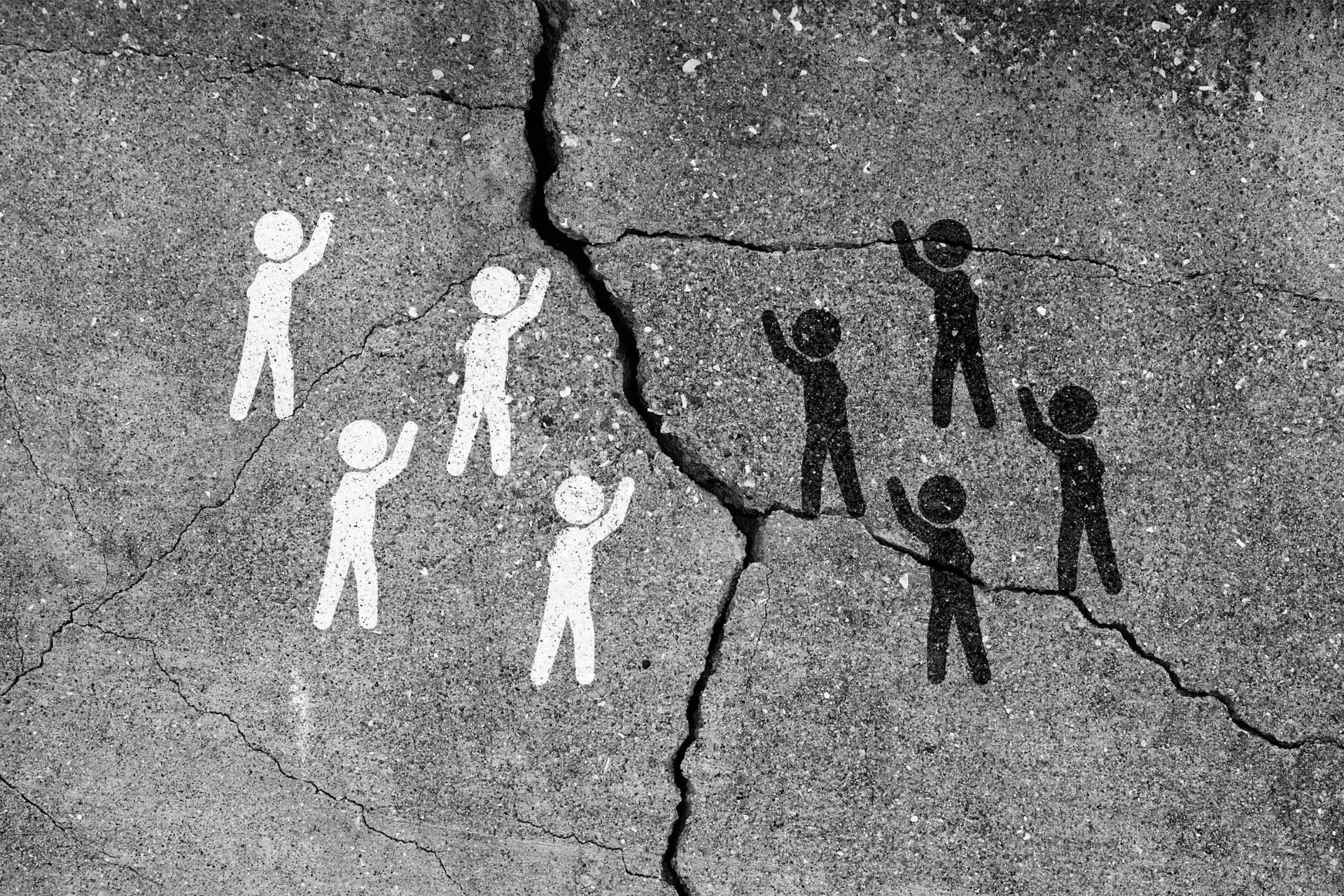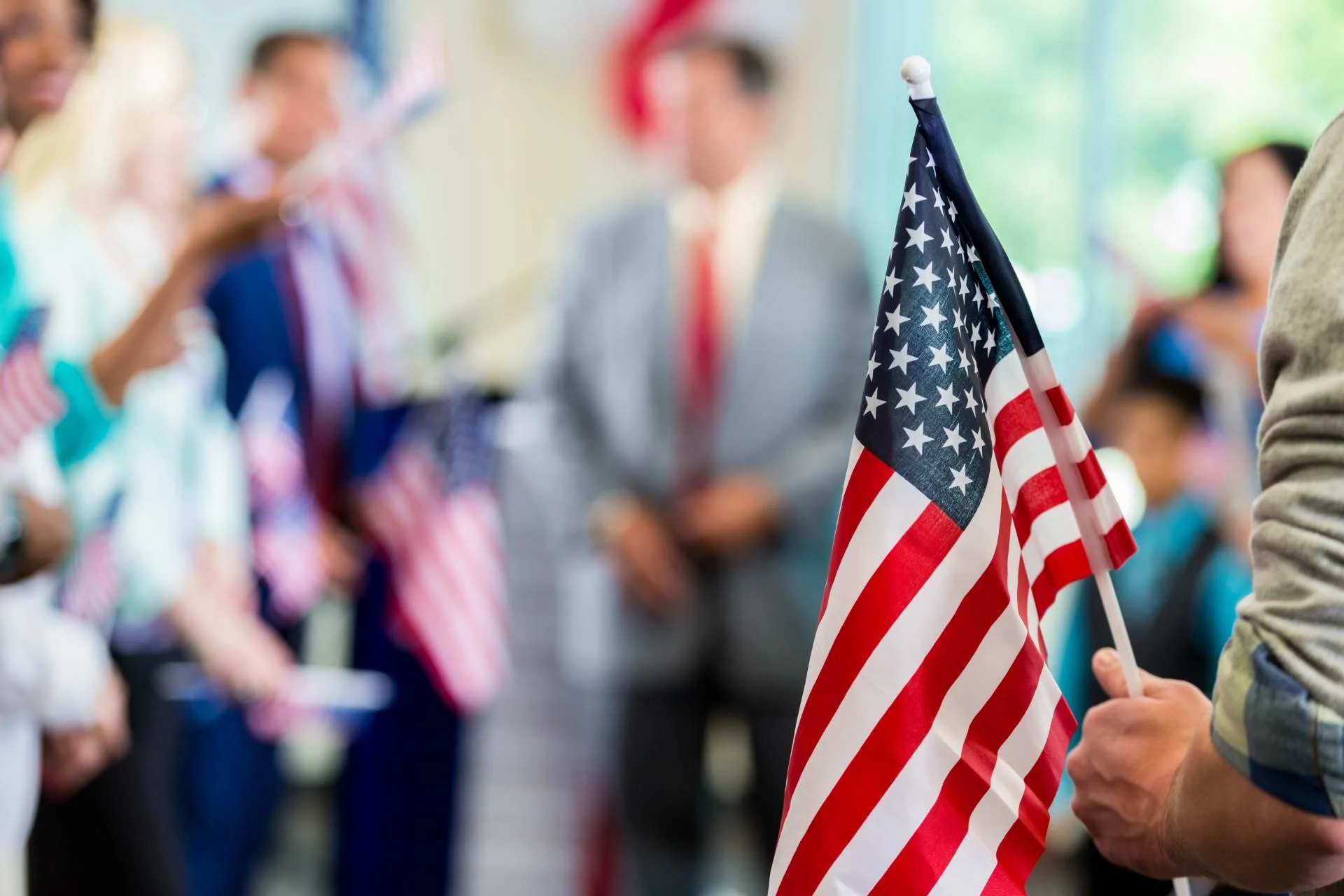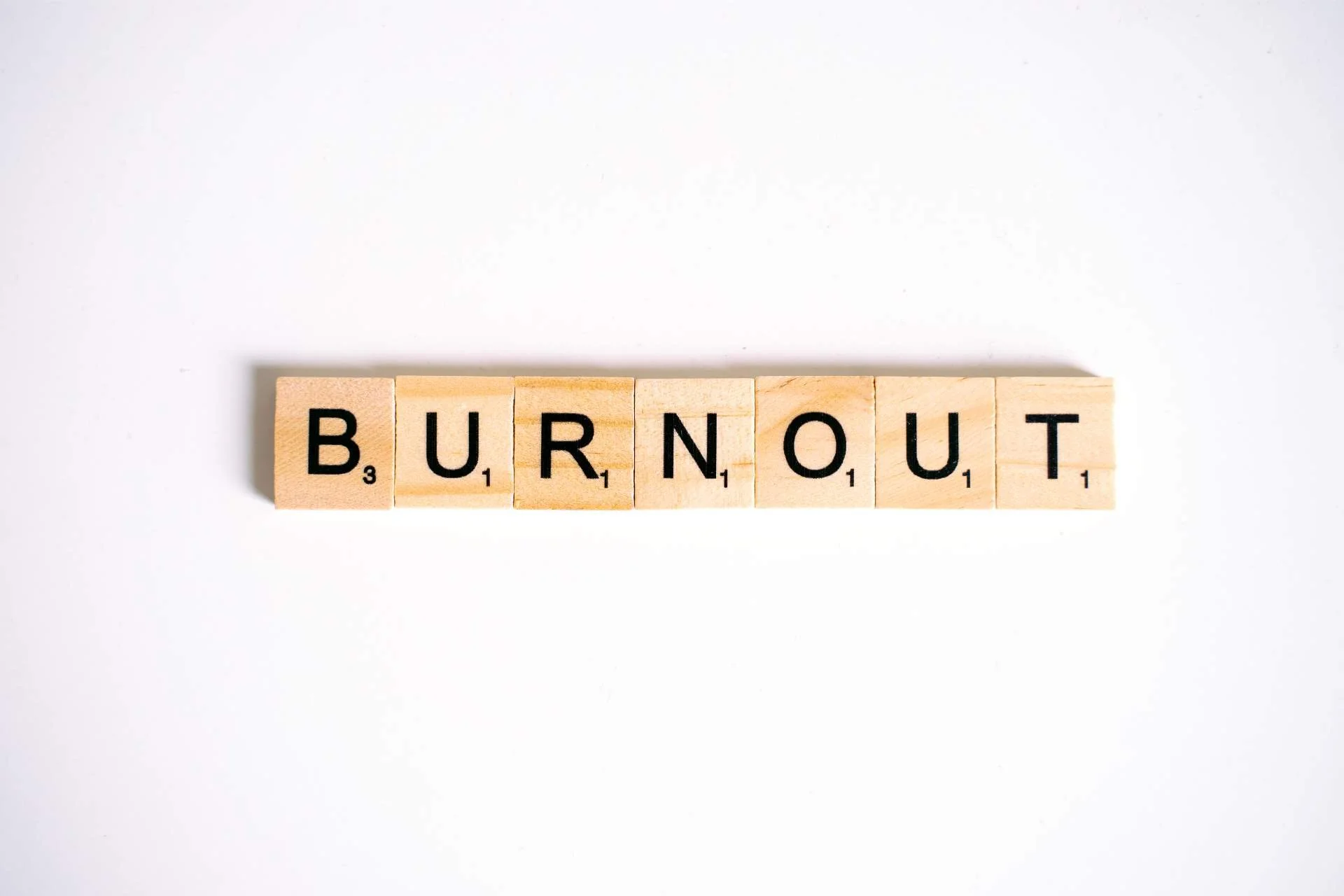Blogs
Going No Contact with a Parent: What to Expect and How Culture Plays a Role
It seems like more and more these days, we hear about adult children going “no contact” with one or both of their parents. This decision is often deeply challenging and emotionally charged
A Deeper Look at Resilience
Resilience is defined as the ability to cope with and recover from difficulties. Many factors contribute to resilience, and an individual's perception of the world, availability and quality of social resources, and specific coping skills may enhance their resiliency
Roots of Racial Fetishization: Colonialism, Imperialism, Racism
Fetishization is the act or thought of making someone an object of desire based on some aspect of their identity. Racial fetishization is thus the act or thought of making a certain race or ethnicity the object of desire.
Fostering Trauma-Informed Care for BIPOC Communities
Trauma-informed care is an essential aspect of mental health counseling, especially when it comes to serving the diverse needs of BIPOC communities. Trauma-informed care seeks to acknowledge the role trauma plays in people's lives and the impact it has on their health and well-being.
Thanksgiving
Gratitude includes not only increasing positive emotions but also managing negative emotions and reducing symptoms of depression and anxiety. This may be helpful to note not just in fostering gratitude but also in experiencing Thanksgiving Blues.
The Importance of Self-Validation
Self-validation is important for emotional resilience. Learning to validate yourself can help you navigate life with greater emotional stability because you’re less dependent on external circumstances to feel good about yourself.
The Mind, Body, Brain, Sleep Connection
Before getting into the bidirectional relationship between sleep problems and mental health issues, it is important to understand how sleep directly affects one’s mental health. Sleep is important to a plethora of brain and body functions necessary in processing daily events.
Navigating Political Differences Among Family
In today's politically charged world, it's not uncommon to find family members with different political beliefs. These differences can lead to tense gatherings, heated arguments, and strained relationships.
Vicarious (Second-hand) Trauma
Vicarious trauma (also known as secondary traumatization, insidious trauma, secondhand trauma, or secondary traumatic stress) is the effect of being exposed to someone else’s trauma, either directly or indirectly and often cumulatively
Coping With Distressing News in the Media
Coping with these intense feelings is vital, not just for our individual well-being but also for the collective resilience of our society. When the news becomes overwhelming, it is important to consider ways of coping to protect our mental health.
Menstruation and Mental Health
The truth of the matter is that menstruation and mental health are closely linked - menstruation often influences one’s mental health and one’s mental health often affects menstruation.
What is Mindfulness, and How Can it Improve Mental Health?
Mindfulness is the act of being fully present in the moment, with open awareness and without judgment. It involves actively paying attention to thoughts, feelings, sensations, and surroundings without trying to change or evaluate them.
Understanding Burnout
Burnout is a state of emotional, mental, and often physical exhaustion brought on by prolonged or repeated stress.
The Impact of Adverse Childhood Experiences on Mental Health
Childhood is often perceived as a time of innocence and carefree joy. Unfortunately, this perception doesn't always align with reality, and for many people, childhood is marked by difficult circumstances that leave a lasting impact.
Gatekeeping within Queer Spaces
The word “gatekeeping” seems to be thrown around a lot these days. By definition, gatekeeping is the activity of controlling, and usually limiting, general access to something.
Racial Bias and the Misdiagnosis of Mental Illness
In the realm of mental health diagnosis and treatment, a troubling reality often goes unaddressed: the pervasive influence of racial bias. While psychiatry and psychotherapy are dedicated to understanding and treating mental illness, the intersection of racial bias and misdiagnosis has become a concerning issue that demands our attention.
Eating Disorders (outside the perspective of thin, young, affluent, white girls)
The stereotypical association of eating disorders and thin, young, affluent white girls has long been recognized. But if one struggles with disordered eating habits and identifies outside of those categories, the associated journey can feel utterly isolating - which is astounding, alarming, and heart-wrenching
Coping with Grief and Loss
Understanding more about the process of grief helped me find healthier ways to cope. If you're experiencing grief, here are some ways to navigate the storm and find a path toward healing:
Another Look at Love Languages
Knowing the questionable origin story of the five love languages, the underlying sentiment that partners often have different ways of receiving and experiencing love and may benefit from learning one another’s love language remains a pure and seemingly simple truth.
Understanding Attachment Styles and Their Impact on Intimate Relationships
These attachment styles lay the foundation for how we approach intimate relationships as adults, impacting our ability to develop trust and connection with intimate partners. Understanding your attachment style can play a huge role in developing self-awareness and building healthier relationships.




















